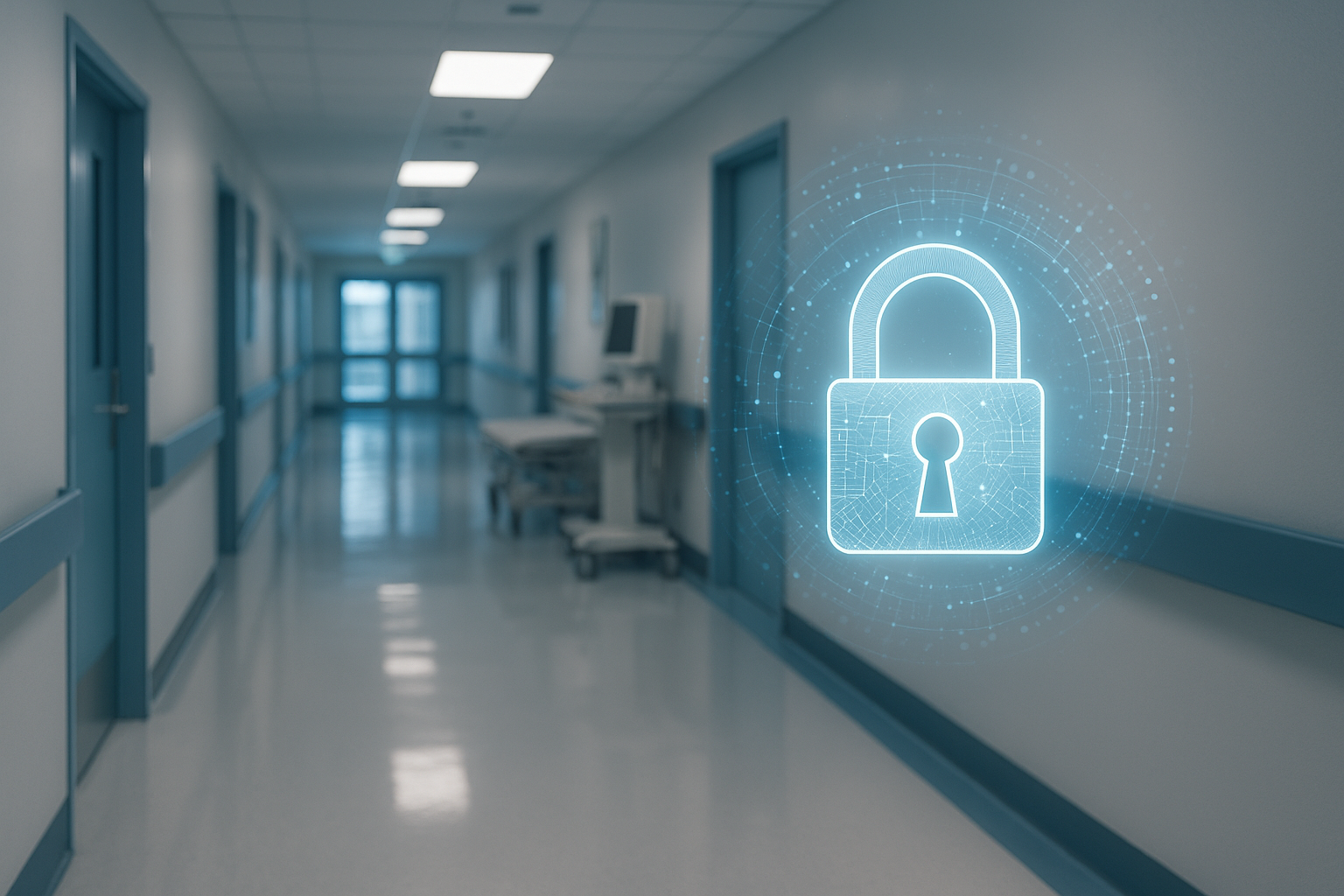
Greetings from Hale Consulting Solutions!
Our compliance team reviewed this week’s most notable HIPAA, cybersecurity and privacy developments. Several large data‑breach notifications and legal actions underscore the importance of vendor oversight and rapid incident detection. Please review the incidents below and incorporate the recommended action items into your risk‑management program.
Breach & Incident Notices
MedImpact ransomware incident
What happened: The Qilin ransomware gang claimed to have infiltrated MedImpact’s systems and exfiltrated about 160 GB of data, posting some of it on a dark‑web site. MedImpact took certain systems offline and began working with cybersecurity firms and law enforcement. Researchers reviewing the leak say it appears to be mostly invoices and payment documents; as of this week, no PHI exposures have been confirmed.
Why it matters: MedImpact serves ~50 million patients; even financial files can include PHI.
Action items: Conduct compromise assessments; validate offline backups; enhance employee training and leverage threat intelligence.
Conduent Business Solutions breach
What happened: The HIPAA Journal reported that back‑office servicer Conduent Business Solutions notified regulators that more than 10.5 million individuals were affected by a hacking incident. Investigators determined that attackers first gained access on 21 Oct 2024 and remained undetected until 13 Jan 2025, when the breach was discovered. Exfiltrated files from multiple clients contained names, dates of birth, Social Security numbers, insurance and treatment data. Conduent said it restored systems within hours and is mailing notices; at least four million Texans are among those impacted.
Why it matters: A single business‑associate breach now ranks among the year’s largest.
Action items: Re‑evaluate vendor contracts for security requirements and notification timelines; confirm that vendors carry cyber‑insurance; advise affected individuals to monitor credit reports.
Family West Health near miss
What happened: The community hospital in Fruita, Colorado detected suspicious activity resembling ransomware and immediately disconnected its network. Staff reverted to paper charts and continued treating patients; the hospital stated that early investigation has found no evidence of data theft and that the event may not trigger HIPAA breach notification.
Why it matters: Even small facilities are targets, but downtime planning can prevent PHI exposure.
Action items: Test downtime procedures and incident‑response playbooks regularly.
Beverly Hills Oncology breach
What happened: The practice learned that intruders had access to its systems from Feb 7 to Feb 11, 2025; a review completed on 13 Oct 2025 confirmed that files containing names, Social Security numbers, medical diagnoses, prescriptions and financial account data may have been viewed or taken. The practice is now sending letters and offering credit‑monitoring services.
Why it matters: The combination of PII and PHI increases identity‑theft risk
Action items: Offer robust monitoring services; ensure breach‑notification timelines comply with HIPAA.
Methodist Homes of Alabama & Northwest Florida
What happened: A cyber‑attack in Oct 2024 compromised servers at several assisted‑living facilities. A forensic review concluded in Sep 2025 that attackers accessed residents’ medical record numbers, diagnosis information, Medicaid/Medicare ID numbers, Social Security numbers and driver’s license numbers. Public notice was issued on 8 Oct 2025.
Why it matters: A year‑long gap between incident and notification raises compliance concerns.
Action items: Maintain logs long enough to support investigations; implement continuous monitoring.
Email breaches at Weems Memorial & Vibra Hospital
What happened: Attackers compromised employee email accounts at George E. Weems Memorial Hospital and Vibra Hospital of Sacramento, with unauthorized access in March and May 2025. Exposed data included patients’ names, Social Security numbers, medical record numbers, diagnoses and insurance information.
Why it matters: Even brief email compromises can lead to PHI exposure.
Action items: Require multi‑factor authentication; audit email forwarding rules and security settings.
Privacy & Legal Updates
Yale New Haven Health settlement
What happened: Yale New Haven Health agreed to an $18 million settlement over its 8 Mar 2025 cyber‑attack affecting 5.6 million patients. The breach involved a network server rather than the EHR; stolen data included names, addresses, dates of birth and medical record numbers. The health system will reimburse up to $5 000 per claimant for losses and provide credit‑monitoring services. A final approval hearing is scheduled for 6 Mar 2026.
Why it matters: Even when clinical records aren’t stolen, large settlements underscore breach‑notification responsibilities.
Action items: Review incident‑response and notification plans; ensure cyber‑insurance coverage addresses class‑action exposure.
Cybersecurity Alerts
Impella heart‑pump controller recall
The FDA issued a Class I recall for more than 100 000 Johnson & Johnson Impella Automated Controllers because software vulnerabilities could allow remote access and alter pump performance. No exploitation has been reported, but hospitals must disable network features and secure devices.
Proofpoint/Ponemon survey
A study of 653 healthcare organizations found that 72 % experienced care delays due to cyber‑attacks; 93 % suffered at least one attack in the past year. Ransomware incidents rose 60 %, with one‑third of victims paying the ransom. The average incident cost $3.9 million. Respondents said unmanaged mobile devices pose growing risks.
Closing Remarks
This week’s developments emphasize the need for robust vendor oversight, swift detection and thorough incident‑response planning. Please audit contracts for breach‑reporting clauses, practice downtime procedures and deploy critical patches promptly. We’ll return next week with new insights.
